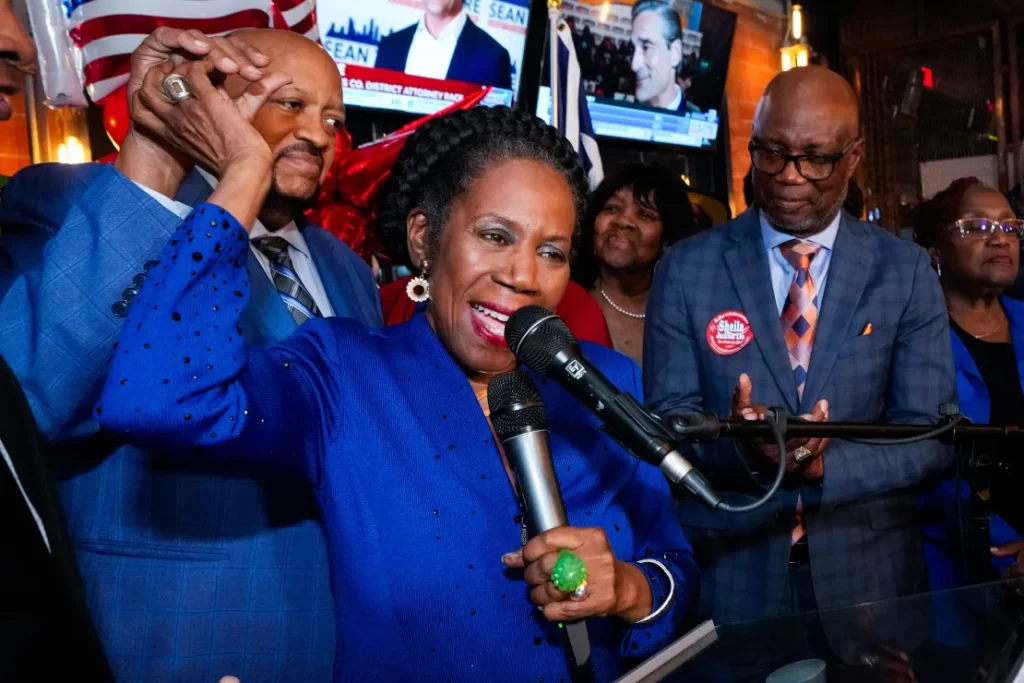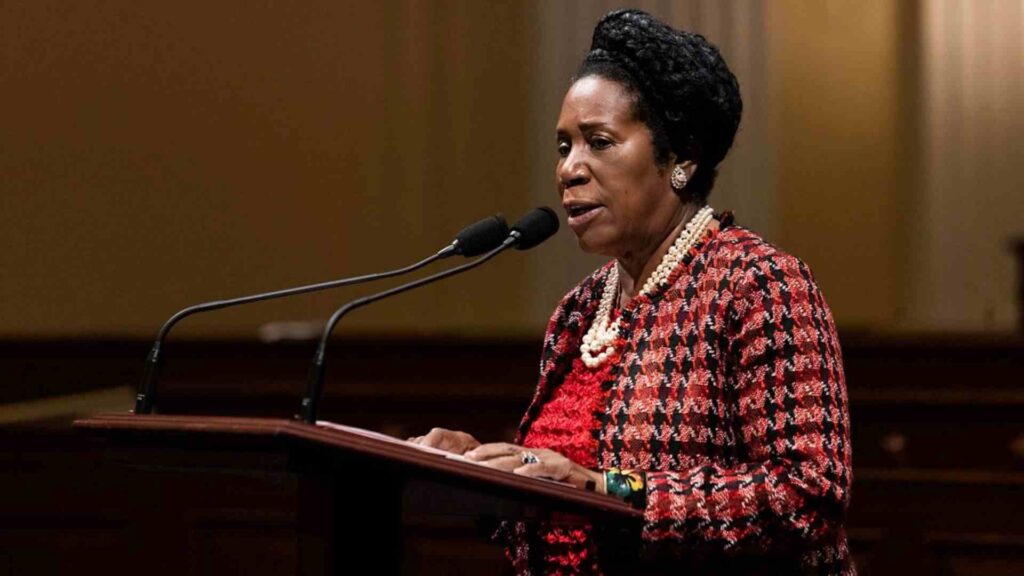Sheila Jackson Lee, a longtime Democratic congresswoman from Texas who was an outspoken advocate for Black Americans for decades, has died. She was 74.

“Today, with incredible grief for our loss yet deep gratitude for the life she shared with us, we announce the passing of United States Representative Sheila Jackson Lee of the 18th Congressional District of Texas,” her family said in a statement Friday.
Jackson Lee announced in June that she had been diagnosed with pancreatic cancer. At the time, she acknowledged that “the road ahead will not be easy” and said she had “faith that God will strengthen me.”
Her family remembered her as “a fierce champion of the people,” saying that “she was affectionately and simply known as ‘Congresswoman’ by her constituents in recognition of her near-ubiquitous presence and service to their daily lives for more than 30 years.”

Born on January 12, 1950, in Queens, New York, Jackson Lee was among the first women to graduate from Yale University and served as a Houston municipal judge and a city councilwoman before she was first elected to represent Texas’ 18th Congressional District in 1994, unseating a Democratic incumbent in the primary for the Houston-area seat.
During her congressional tenure, Jackson Lee was an outspoken advocate for marginalized communities and Black Americans. She was one of the sponsors of legislation establishing Juneteenth as a national holiday, frequently spoke out against police brutality, and advocated federal legislation to prosecute police misconduct.
She was widely admired and sometimes controversial for her opposition to the Iraq War and as a fierce critic of former President Donald Trump. She opposed the tallying of the electoral votes that certified Trump as the winner of the 2016 election, citing an unfounded claim about “massive voter suppression,” and occasionally used her position on the House Judiciary Committee to excoriate members of Trump’s circle.
While she was often unsuccessful in some of her most ambitious aims, Jackson Lee remained a prominent and vocal figure, particularly in the wake of George Floyd’s killing by a member of the police in 2020.



